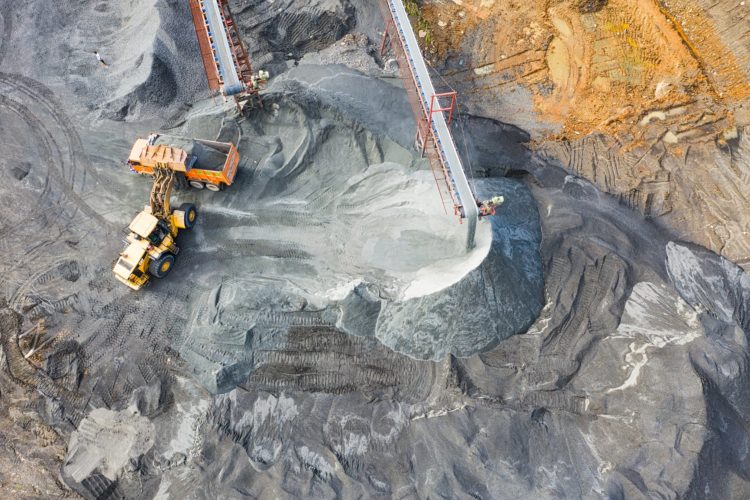Mining firms are starting to appreciate the benefits that digital technologies can deliver, such as having insights on changing geological conditions to ensure workforce safety and the condition of their equipment to avoid unplanned downtime.
ABI Research forecasts that spending on digital technologies within the mining industry will grow by a CAGR of 5.2% over this decade and reach US$9.3 billion in 2030.
“While the needs are critical, technology suppliers cannot assume that example deployments from other verticals will resonate with miners. Often individual mining plants operate autonomously with relevant references from other mines key investment criteria. Suppliers will need to be patient and support partners to build their credibility in the vertical,” explained Michael Larner, principal analyst, industrial & manufacturing at ABI Research.
Fortunately for suppliers, some of the largest mining firms realize the benefits that digital technologies provide. Rio Tinto, for example, has been a keen advocate of automation and has been running a fleet of autonomous trucks since 2008, and more recently, a fleet of autonomous trains.
Miners’ key investments will be in 4G/5G networks to underpin data collection projects to map sites or utilize drones to collect images of the entire site.
Data analytics software from suppliers such as IntelliSense.io, Seeq, and Senseye will help miners avoid unplanned downtime. Suppliers such as Strayos help miners anticipate the impact of blasts in open-cast mines, which is forecast to fuel spend on data analytics to increase by CAGR 8.9% and be worth US$1.4 billion in 2030.
“The saying ‘Where There’s Muck There’s Brass’ applies for technology firms targeting this vertical. Miners need to clean, sort, and mill the materials that come out of the earth to deliver high-quality minerals. Solutions that can optimize the processes, both in terms of efficiency and increased yield, will be looked upon favourably,” concluded Larner.




